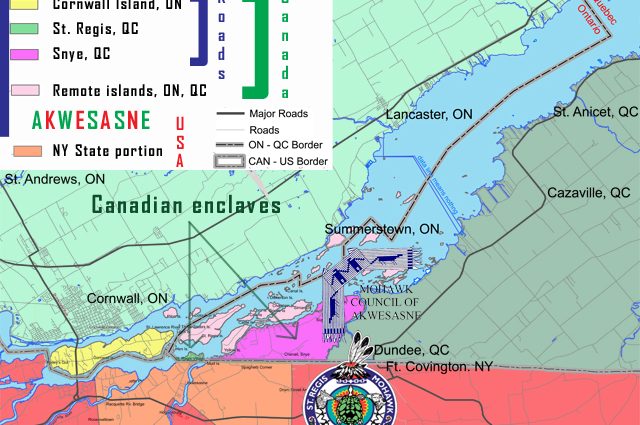VANCOUVER, British Columbia — By establishing individual property rights, the Westbank First Nation in British Columbia’s southern Interior has become entrepreneurial and prosperous, finds a new study released today by the Fraser Institute, an independent, non-partisan Canadian public policy think-tank.
“Westbank has created an environment where band members can create wealth that benefits both the individual and the community,” said Tom Flanagan, Fraser Institute senior fellow, professor emeritus of political science at the University of Calgary and author of Property Rights and Prosperity: A Case Study of Westbank First Nation.
According to the study, Westbank’s system of property law, which closely resembles Canadian property law, drives band prosperity by allowing members to acquire “allotments” to buy and sell real estate on and off reserve. Westbank real estate ventures include the Okanagan Lake Shopping Centre and WIBCO Construction, which develops residential and commercial properties mainly on reserve lands near Kelowna.
The result?
In 2018, Westbank independently generated about 63 per cent of its total revenue (with the rest coming from government transfers) compared to about 36 per cent (on average) for all First Nations in Canada.
“Put simply, Westbank is a much more independent and empowered First Nations community because of its prosperity,” Flanagan said.
Westbank property values have skyrocketed, increasing by more than 600 per cent from 2005 (when allotments were established) to 2019 when total values eclipsed $2 billion.
And Westbank’s government, which represents roughly 850 band members, currently enjoys a budget surplus of about $110 million.
“Like other successful First Nations, Westbank generates most of its revenue through business activity and is less reliant on government transfers than other less-successful bands,” Flanagan said.
“This relatively small band in B.C.’s Interior could serve as an example for other First Nations, no matter their size or location,” Flanagan said.
